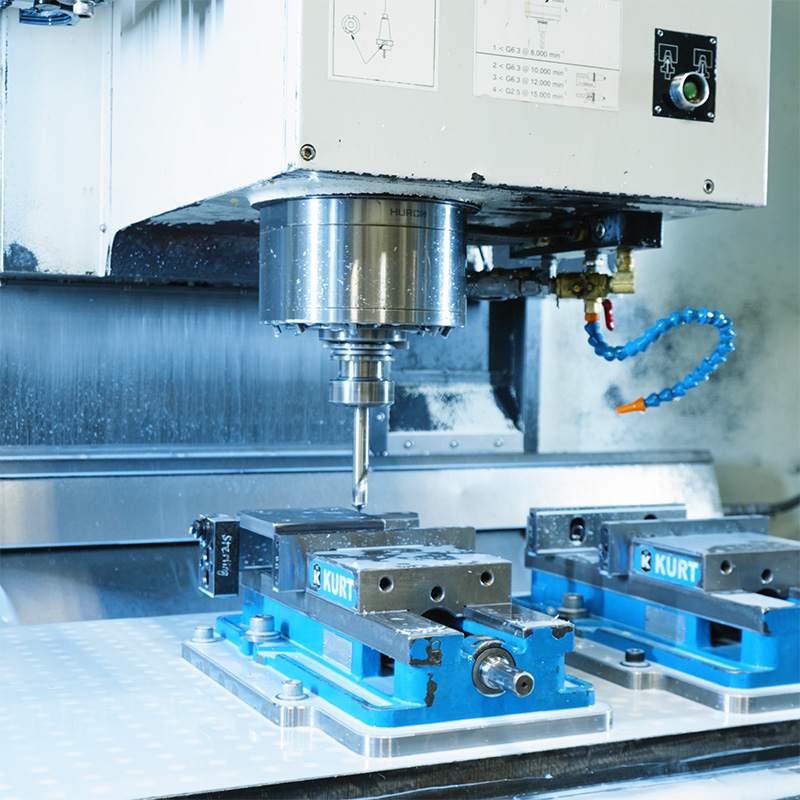Lean manufacturing is all about eliminating waste, improving efficiency, and delivering more value to customers. As manufacturers scale up operations, maintaining lean principles becomes increasingly challenging—unless they implement smart automation strategies. That’s where our US automated machine manufacturer comes in.
We design and build advanced assembly systems that support lean practices by increasing productivity, improving quality, and reducing operational waste.
Reducing Human Error and Inconsistency
Manual assembly can introduce variability into a production process, especially as volumes increase. Even well-trained employees may make occasional errors that result in defects, rework, or scrap. Automated assembly machines perform tasks with high precision and repeatability, virtually eliminating human error.

This consistency ensures that quality remains stable, even when production ramps up. As a result, manufacturers can reduce inspection time, material waste, and customer complaints—all of which align with lean manufacturing goals.
Enhancing Production Speed and Throughput
One of the key challenges in scaling a lean operation is increasing output without compromising efficiency. Assembly automation helps solve this problem by streamlining repetitive processes and removing bottlenecks.
can run continuously with minimal downtime, allowing manufacturers to meet growing demand while preserving lean flow principles. In fact, automation often enables companies to implement just-in-time (JIT) production more effectively by producing components only when they’re needed.
Maximizing Workforce Efficiency
Lean manufacturing doesn’t just mean reducing headcount—it means using every resource more efficiently. allows manufacturers to shift their workforce from repetitive, low-value tasks to roles that require critical thinking and problem-solving. This not only boosts employee morale but also contributes to continuous improvement initiatives.
With automated machines handling the heavy lifting, your team can focus on optimizing processes and delivering greater value to the customer.
Improving Data Collection and Process Visibility
Another significant advantage of automated assembly systems is their ability to collect real-time production data. From cycle times to defect rates, automation gives manufacturers the insights they need to make informed decisions.
This data enables quick response to issues, supports root cause analysis, and helps track progress toward lean KPIs such as takt time and overall equipment effectiveness (OEE). With better visibility, manufacturers can continuously refine processes and scale operations without losing control.
Designing for Flexibility and Scalability
Traditional automation was often rigid, designed for one product and one process. Today’s systems, like those built by our US automated machine manufacturer, are increasingly modular and flexible.
This adaptability supports lean manufacturing by making it easier to switch between products or adapt to changes in demand. As production needs grow, manufacturers can scale their automation in stages—adding new modules or capabilities without starting from scratch.

